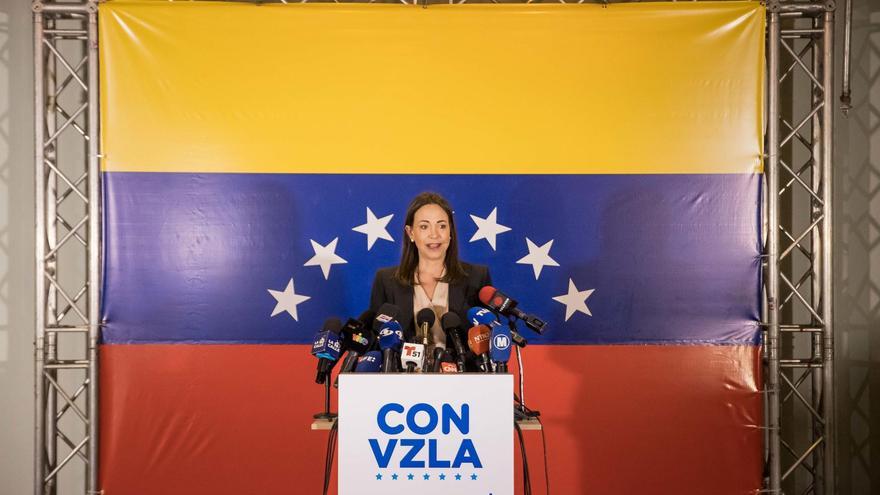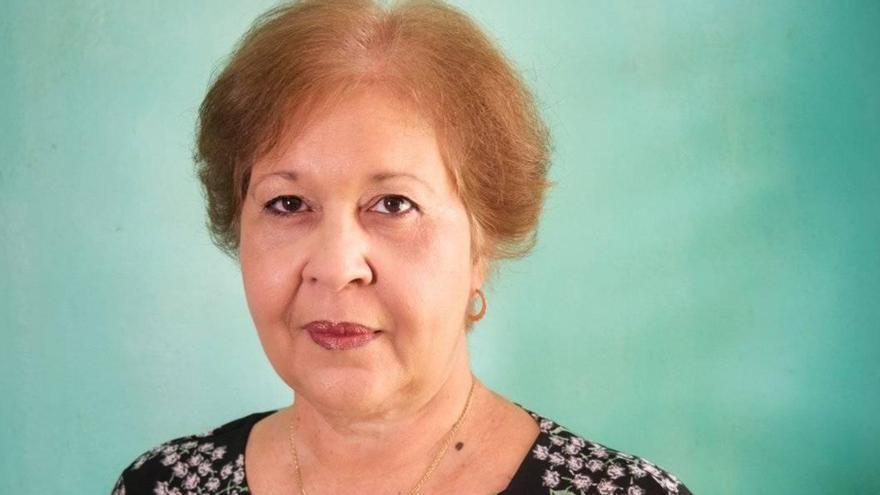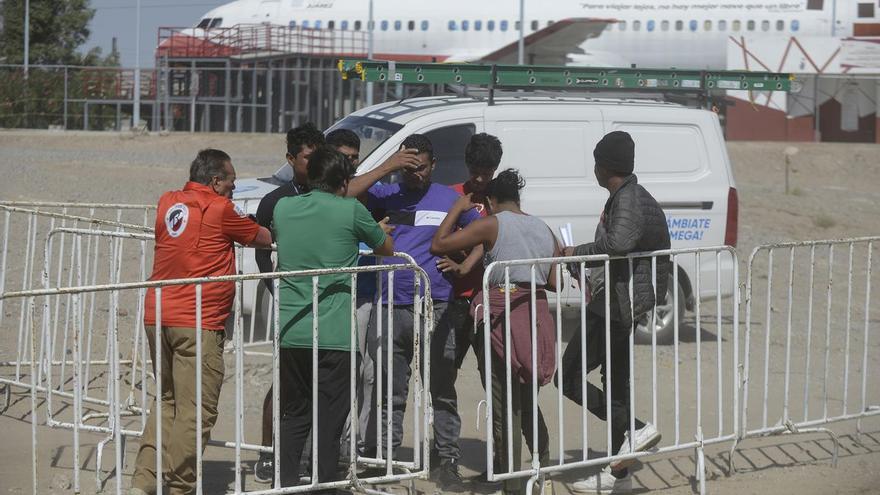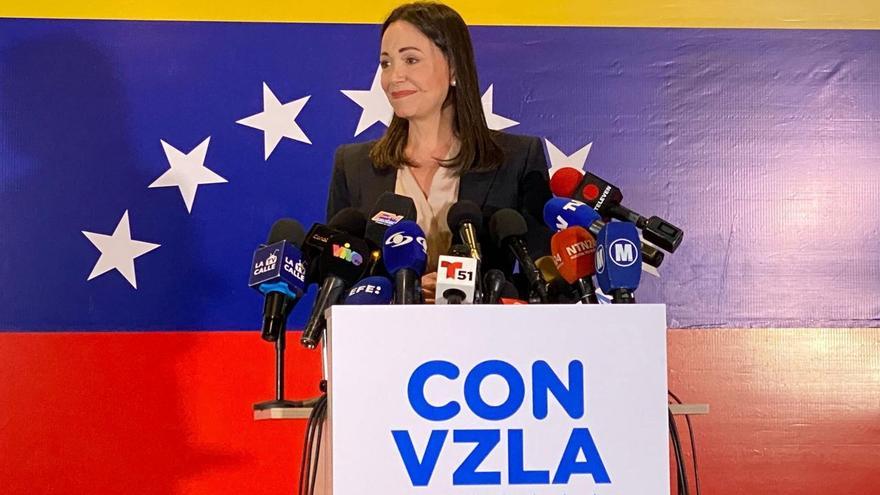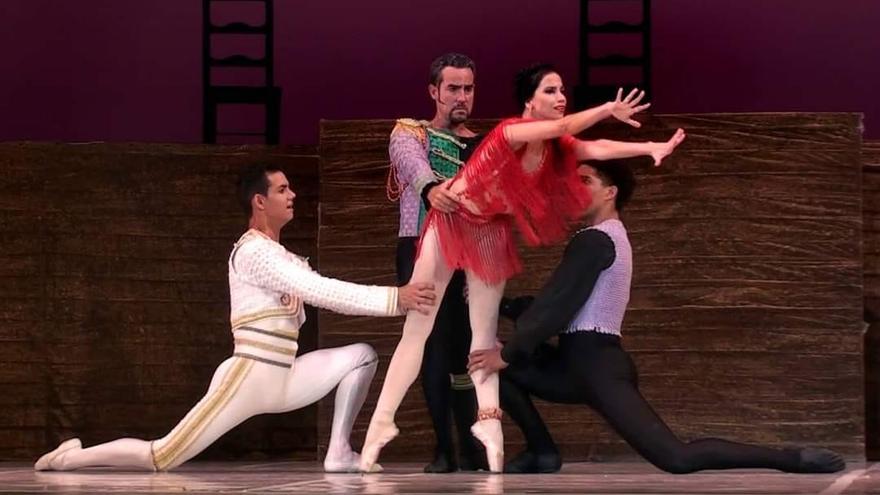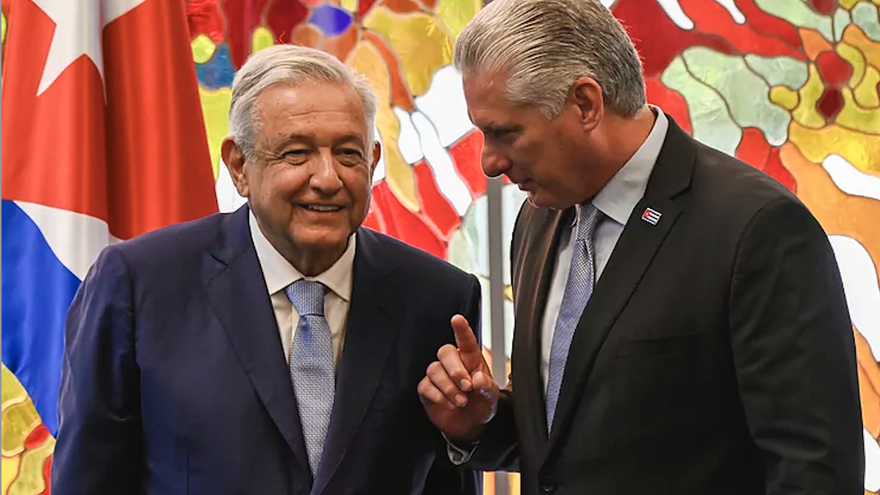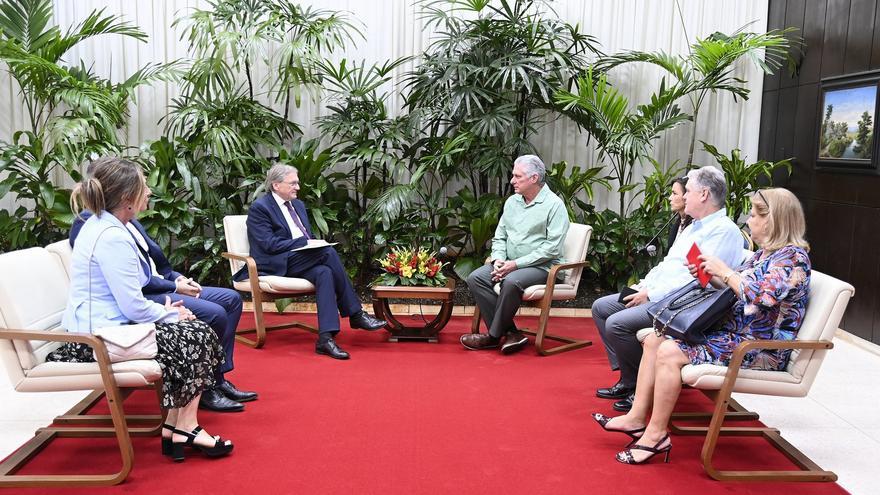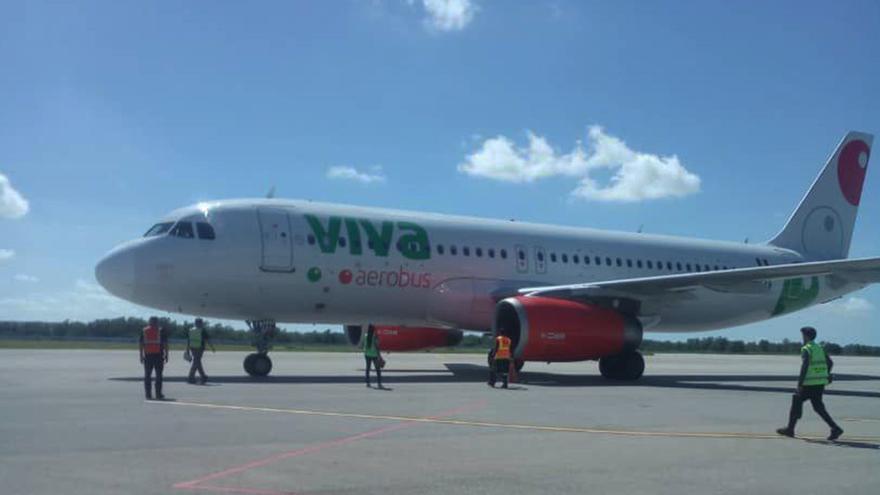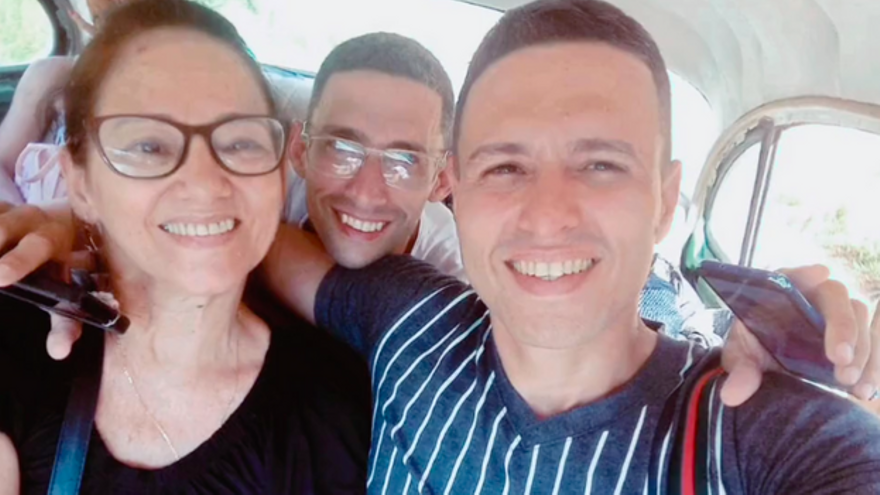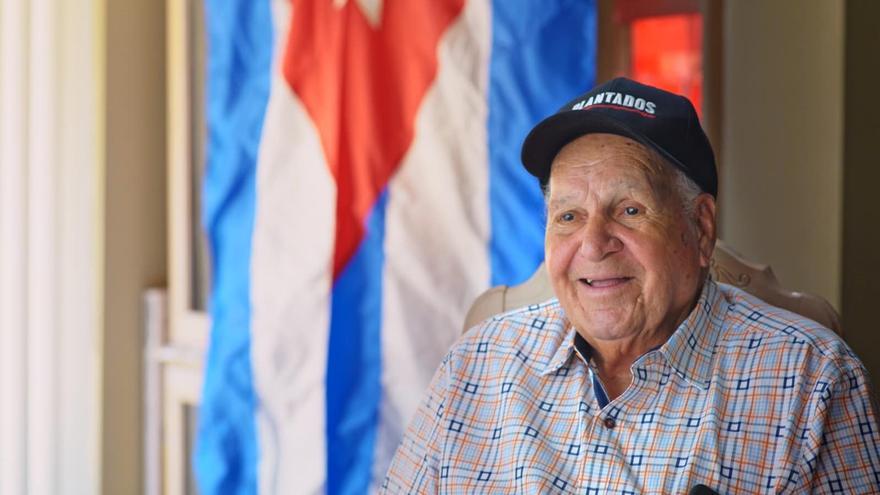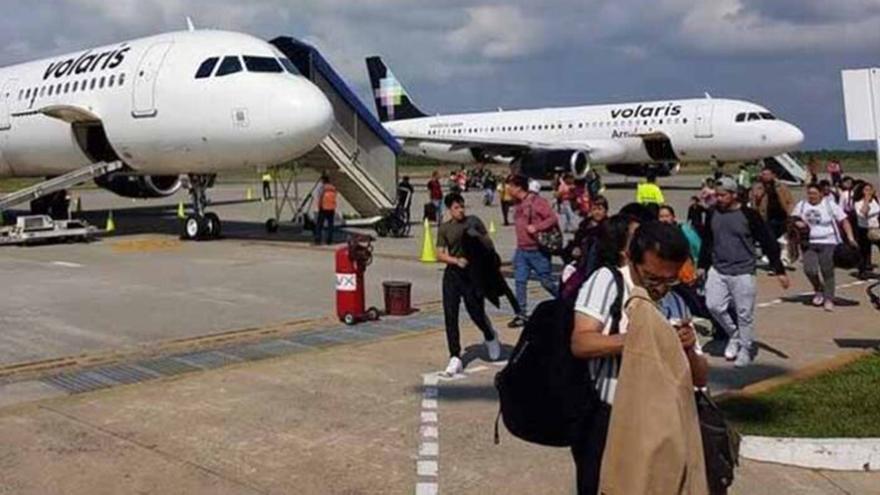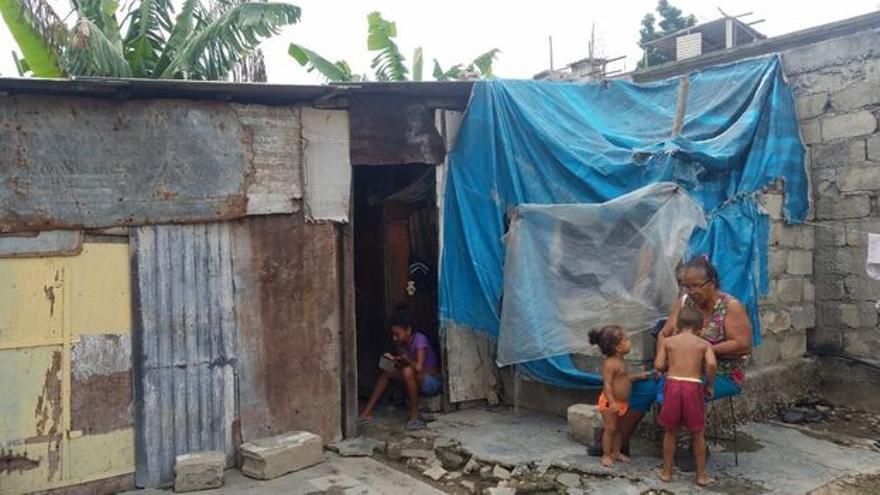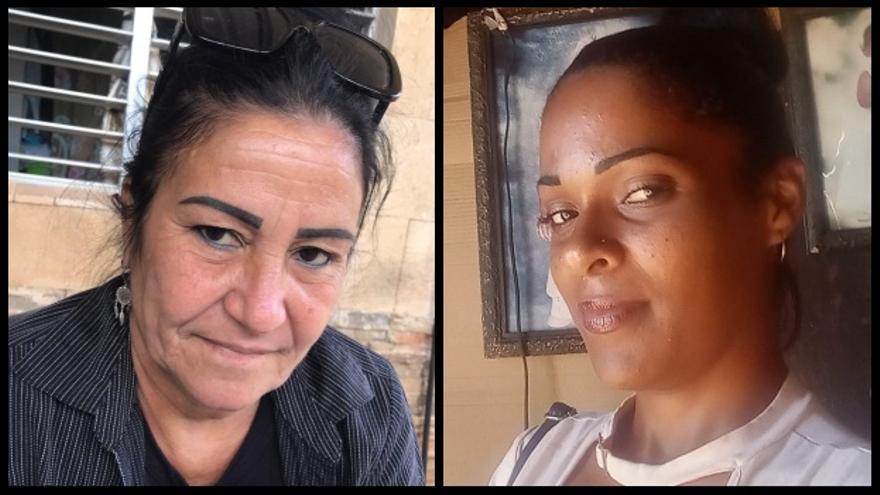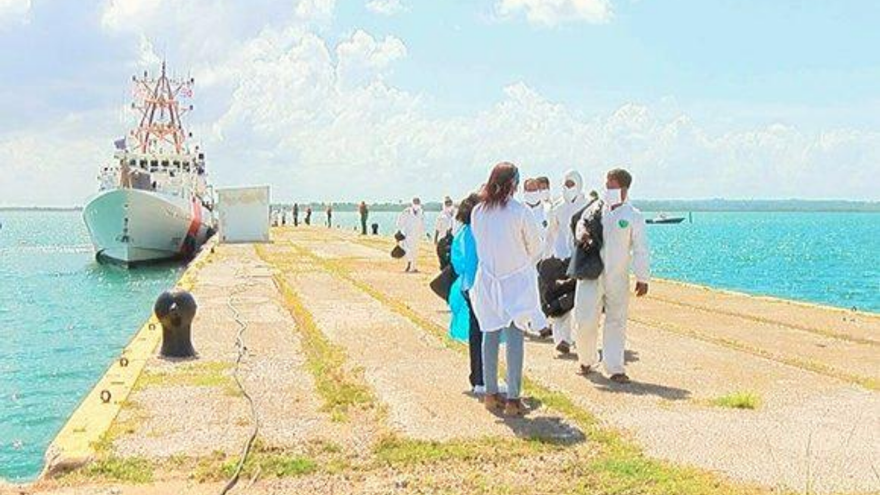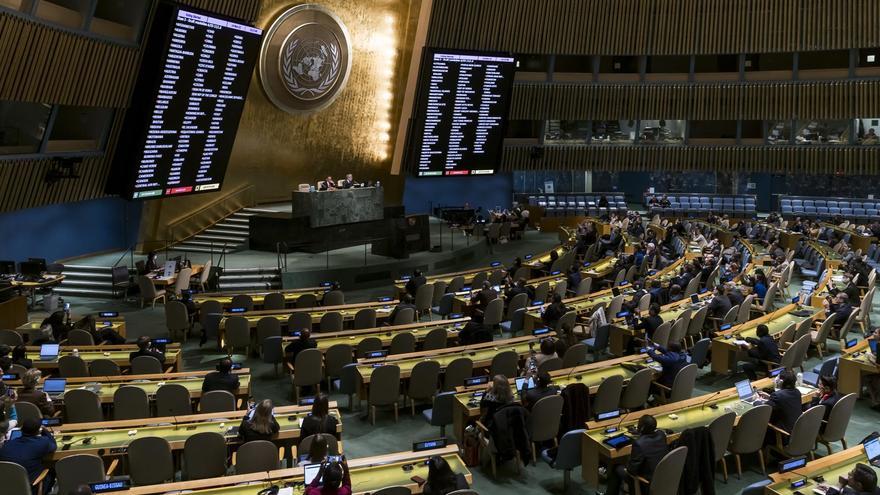
![]() 14ymedio/EFE, Madrid, 2 November 2023 — One more year, and the UN General Assembly has again approved a resolution against the U.S. embargo on Cuba; the Cuban regime calls it a “new victory.”
14ymedio/EFE, Madrid, 2 November 2023 — One more year, and the UN General Assembly has again approved a resolution against the U.S. embargo on Cuba; the Cuban regime calls it a “new victory.”
This time, there were 187 votes in favor and two against: those of the U.S. and Israel. In addition, there was one abstention, that of Ukraine. Last year there were three abstentions and the same negative votes.
The sterile ritual takes place at a time, precisely, when the UN is demonstrating its inability to contribute to peace in the Middle East after the war unleashed by Hamas’ terrorist attack on Israel on October 7.
Cuban Foreign Minister Bruno Rodríguez, who spoke just before the vote in the Assembly, said that the blockade “violates the right to life, health, education and well-being of all Cubans,” and constitutes “an act of war in peacetime.” continue reading
The Assembly holds a specific session every year to request an end to the embargo, imposed in 1962, which prevents Cuba from making transactions in U.S. dollars, marketing with products that pass through the U.S. and have a minimum percentage of 10% of parts produced in the country, as well using the U.S. financial system.
The countries that vote in the Assembly in support of Cuba insist that the embargo is a “unilateral” measure, since it has not been decided by the Security Council, involves interference in other States and ends up punishing, above all, the population of Cuba, before the Government.
Everyone pretends to have forgotten that the embargo was decreed by Washington in response to the confiscations of companies and assets of American citizens by the Revolution
Everyone pretends to have forgotten that the embargo was decreed by Washington in response to the confiscations of companies and assets of American citizens by the Castro Revolution, a matter that is still pending.
The magnitude of the support that the Island receives in these annual votes is manifested in the fact that eight groups from different countries – Latin American, African, Islamic, Group of 77 plus China, among others – have presented this year particular motions to reject the embargo, and some intervene individually.
However, it also highlights the irrelevance of the General Assembly, which has been approving a practically similar resolution for 31 years without its making any dent in American politics.
Rodríguez regretted that Biden’s Administration has not changed one iota the policy of the embargo, which was hardened by his predecessor Donald Trump by including Cuba in its list of countries sponsoring terrorism.
The Foreign Minister did not say that some of the sanctions established by the current U.S. administration against Cuba have their origin in the repression unleashed by the regime after the massive peaceful protests of 11 July 2021.
For his part, President Miguel Díaz-Canel described the vote in the General Assembly as a “triumph of dignity… a new victory for the Cuban people and their Revolution. The recognition and support of the international community for the heroism and resistance of Cuba. The triumph of the dignity and courage of our people,” Díaz-Canel celebrated on the social network X (Twitter).
Similarly, after the vote, Díaz-Canel criticized the U.S. representative, who reiterated to the UN that the embargo aims to “promote democracy and promote human rights and freedoms” on the Island.
“How ridiculous the speech of the imperial representative. Full of lies, slander and hypocrisy. He should be ashamed of the immense majority condemnation of his genocidal, unjust and criminal policy. Our slingshot is David’s,” wrote the Cuban president, using the biblical metaphor of the fight against Goliath, which José Martí and Fidel Castro often repeated.
The text, presented by Cuba since 1992, always receives an overwhelming majority with hardly any votes against, beyond the U.S. and some of its allies.
Translated by Regina Anavy
____________
COLLABORATE WITH OUR WORK: The 14ymedio team is committed to practicing serious journalism that reflects Cuba’s reality in all its depth. Thank you for joining us on this long journey. We invite you to continue supporting us by becoming a member of 14ymedio now. Together we can continue transforming journalism in Cuba.

